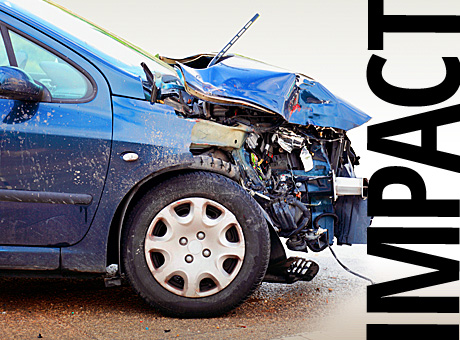
Behind the wheel
Graduated driving laws reduce teen drunk driving

BY Jim Dryden
State laws that limit driving privileges for teens have reduced the incidence of drinking and driving among the nation’s youngest licensees, according to a new study from researchers at Washington University School of Medicine in St. Louis.
The vast majority of states now have laws that limit teen driving privileges and impose stiff penalties for driving under the influence. Graduated driving licensing laws limit the number of passengers young drivers may transport and how late at night they’re allowed to drive, among other restrictions.
The researchers evaluated the effects of those laws on alcohol use and risky driving behaviors among teens in 45 states. The study is available online and was published in September in the journal Alcoholism: Clinical & Experimental Research.
“Teens in states with the strongest laws were less likely to drive after drinking or to ride in a car with a driver who had been drinking,” says first author Patricia A. Cavazos-Rehg, PhD, research assistant professor of psychiatry. “In states with the toughest laws, teens were half as likely to engage in those risky behaviors.”
Teens comprise less than 5 percent of licensed drivers in the country, but they account for roughly 20 percent of motor vehicle crashes.
“In the last decade, most states have strengthened their graduated licensing laws,” Cavazos-Rehg explains. “States are learning that a benefit of enacting more restrictive laws is a reduction in risky behavior by young drivers. That can lead to fewer accidents and save lives.”






